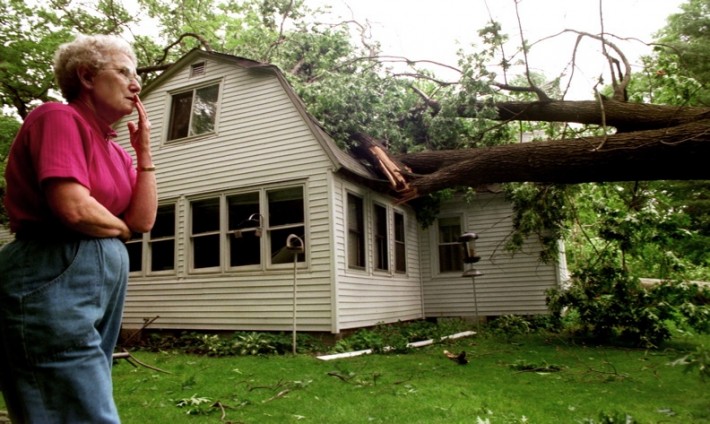By Sam Ryall
For many Buyers purchasing property in Queensland, arranging suitable insurance prior to settlement is a mere afterthought. Too often, Buyers are preoccupied with their finance approval, the results of their building and pest inspections, obtaining property searches and the ‘handing over’ of keys after settlement takes place.
This blog stresses the importance of purchasing suitable insurance for the property you purchase in a timely manner. After all, wouldn’t you want surety as to third party protection if an unforeseeable event such as a natural disaster damages the property you have bought before settlement?
What do the Contracts say about insurance?
In Queensland, the two commonly used forms of residential property Contracts of Sale are the Real Estate Institute of Queensland (REIQ) Contract and the ADL Contract. Both Contracts provide a Standard Condition in fine print relating to what is broadly termed as ‘Risk’. Unfortunately, Buyers are all too often either unaware of such condition or unsure as to their obligation with such condition.
Standard Condition 8.1 of the REIQ Contract of Sale provides that ‘The Property is at the Buyer’s risk from 5pm on the first Business Day after the Contract Date’.
Similarly, Standard Condition 30 of the ADL Contract of Sale provides that ‘From 5pm on the next Business Day after the signing of this Contract, the Property shall be at the risk of the Buyer, however as long as the Seller remains in possession of the Property the Seller shall maintain any current insurance policies and will use and maintain the Property with reasonable care.’
Unless anything to the contrary such as the insertion of a Special Condition to the Contract, buyers are encouraged to purchase an insurance policy cover note over the property shortly after signing. This is due to both the REIQ and the ADL Contracts of Sale providing that risk of the property is transferred from the Seller to the Buyer from 5pm the business day after signing the Contract of Sale.
Buyers do not be alarmed…..the Seller does have a continuing obligation to not only maintain their current insurance policy but also take reasonable care of the property up until and including the settlement date.[1]
What should I do if I am buying a home?
If purchasing standalone residential property in Queensland, buyers are encouraged to arrange for both a building insurance policy (for the land and the dwelling) and a contents insurance policy (which can cover personal items, furnishing and household items such as appliances). This is commonly termed as a ‘Home and Contents’ package.
Just Us Lawyers recommend that in addition to consulting our firm, buyers should contact their financiers for assistance in selecting a suitable policy or undertake their own research into a cost effective and reputable insurer.
What should I do if I am buying a unit?
If purchasing a body corporate unit or townhouse that is part of a Community Titles Scheme, insurance cover can vary. Firstly, buyers should confirm that their Body Corporate has maintained an up-to-date and comprehensive Strata Building Insurance Policy for the CTS. If so, there is no need to concern yourself with Building Insurance. Buyers should be aware however that Strata Building Insurance may be limited to the actual dwelling and will likely not cover internal fittings and fixtures such as carpets, blinds, appliances and the like. It is up to you as the buyer to then determine whether contents insurance or any other relevant insurance should be taken out over the property.
Just Us Lawyers can assist you in explaining your rights and obligations as a Buyer with respect to insurance. Our friendly solicitors and conveyancing teams at our Brisbane offices in Kelvin Grove and Wilston can also provide advice and guidance to you as to suitable Special Conditions that can be inserted into the Contract with regards to insurance.
[1]Thieltges, Brigitte, ‘ Property Insurance – Who is responsible for what and when?’ (Date Unknown), McColmMatsinger Lawyers http://www.findlaw.com.au/articles/4853/property-insurance–who-is-responsible-for-what-an.aspx.




